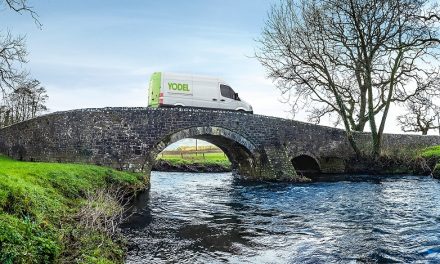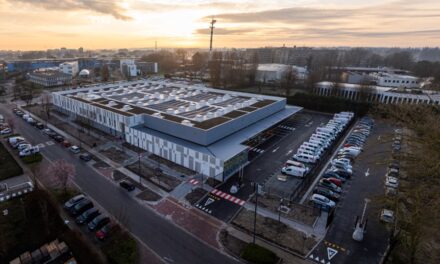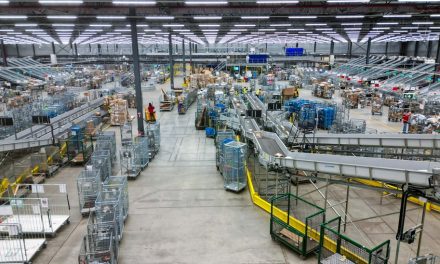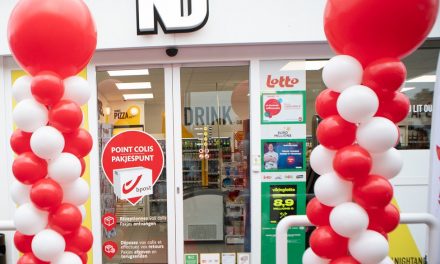
bpost confirms its more environmentally friendly transport ambitions
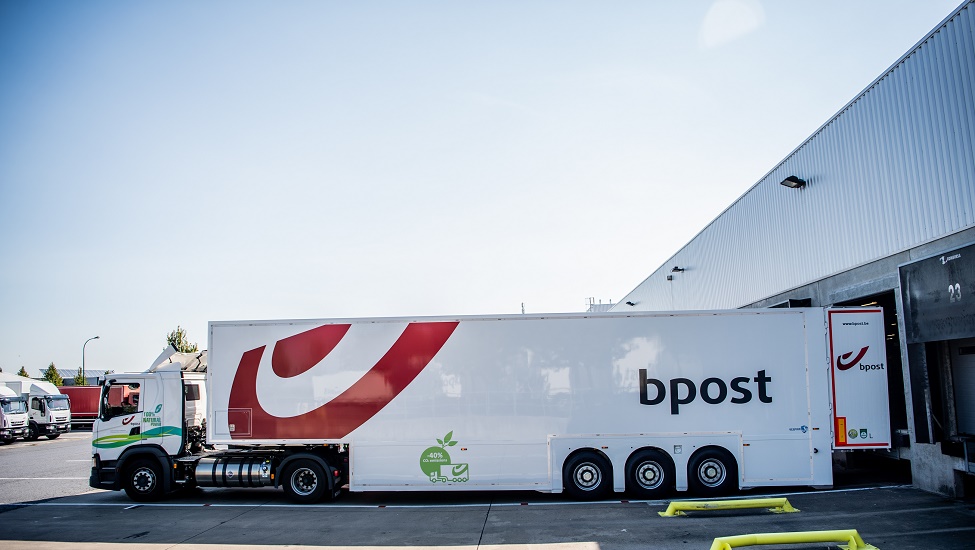
They will replace the standard large trailers, leading to a 30% reduction in the number of journeys and kilometres covered by 2030.
Transport is a major challenge for bpost group. Parcel volumes are increasing at a constant rate every year (+78.4% in the second quarter of 2020), demanding a well-considered general strategy to control the impact of these activities on the environment and on transport infrastructure.
DDTs are part of bpost group’s strategy to manage the constant growth of its activities in a sustainable way. Standing four metres high, these trailers have two 1.8m decks across a standard length of 13.60m. This means they can convey 60% more parcels and letters per journey than the large trailers currently on the road.
Advantages of double deck trailers
– Higher capacity: every DDT can accommodate 70 wheeled containers, compared with the 44 the current large trailers can convey. That is a 60% hike in capacity.
– Fewer journeys and kilometres covered: unique journeys and total distance covered using DDTs down 30% by 2030 and down 40% by 2040.
– Fewer trucks on the road: 730 trucks in the bpost group fleet by 2030, compared with almost 860 if DDT are not introduced.
– DDTs require a CE driving licence, which all bpost group drivers hold. Nevertheless, bpost group has set up special trainings for all its drivers.
Double deck trailers will be gradually introduced over the next few years. Five have already been introduced at the bpost group sorting centres in Liege, Charleroi, Brussels, Ghent and Antwerp. These will enable the company, with the support of the drivers, to optimise the operational processes before the future rollout of the DDTs.

